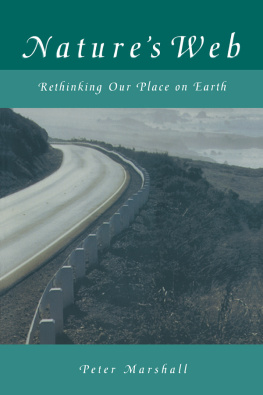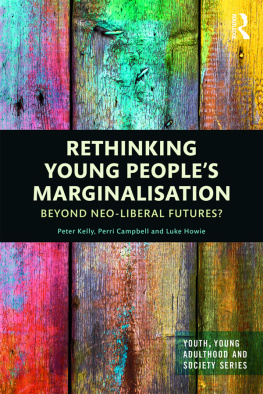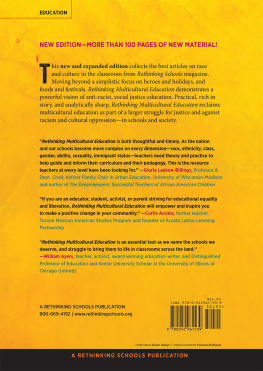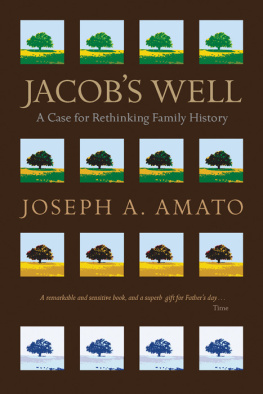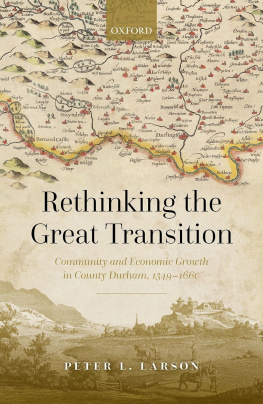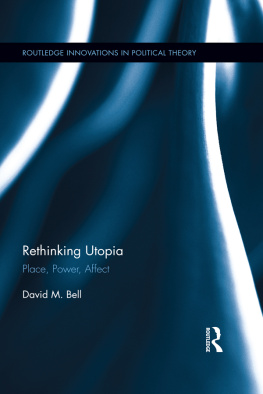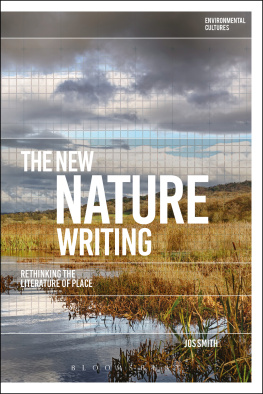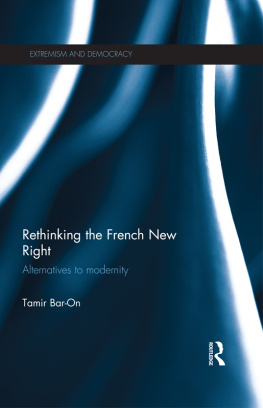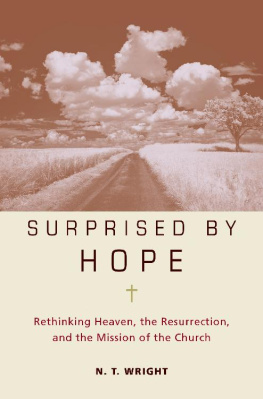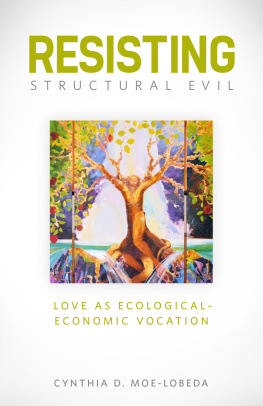Peter H. Marshall - Natures Web: Rethinking Our Place on Earth: Rethinking Our Place on Earth
Here you can read online Peter H. Marshall - Natures Web: Rethinking Our Place on Earth: Rethinking Our Place on Earth full text of the book (entire story) in english for free. Download pdf and epub, get meaning, cover and reviews about this ebook. year: 1992, publisher: Routledge, genre: Religion. Description of the work, (preface) as well as reviews are available. Best literature library LitArk.com created for fans of good reading and offers a wide selection of genres:
Romance novel
Science fiction
Adventure
Detective
Science
History
Home and family
Prose
Art
Politics
Computer
Non-fiction
Religion
Business
Children
Humor
Choose a favorite category and find really read worthwhile books. Enjoy immersion in the world of imagination, feel the emotions of the characters or learn something new for yourself, make an fascinating discovery.
- Book:Natures Web: Rethinking Our Place on Earth: Rethinking Our Place on Earth
- Author:
- Publisher:Routledge
- Genre:
- Year:1992
- Rating:3 / 5
- Favourites:Add to favourites
- Your mark:
- 60
- 1
- 2
- 3
- 4
- 5
Natures Web: Rethinking Our Place on Earth: Rethinking Our Place on Earth: summary, description and annotation
We offer to read an annotation, description, summary or preface (depends on what the author of the book "Natures Web: Rethinking Our Place on Earth: Rethinking Our Place on Earth" wrote himself). If you haven't found the necessary information about the book — write in the comments, we will try to find it.
Peter H. Marshall: author's other books
Who wrote Natures Web: Rethinking Our Place on Earth: Rethinking Our Place on Earth? Find out the surname, the name of the author of the book and a list of all author's works by series.
Natures Web: Rethinking Our Place on Earth: Rethinking Our Place on Earth — read online for free the complete book (whole text) full work
Below is the text of the book, divided by pages. System saving the place of the last page read, allows you to conveniently read the book "Natures Web: Rethinking Our Place on Earth: Rethinking Our Place on Earth" online for free, without having to search again every time where you left off. Put a bookmark, and you can go to the page where you finished reading at any time.
Font size:
Interval:
Bookmark:

2 Park Square, Milton Park, Abingdon, Oxon OX14 4RN
711 Third Avenue, New York, NY 10017, USA
No responsibility is assumed by the publisher for any injury and/or damage to persons or property as a matter of products liability, negligence or otherwise, or from any use of operation of any methods, products, instructions or ideas contained in the material herein.
Natures web : rethinking our place on earth / Peter Marshall.
p. cm.
Originally published: New York : Paragon House, 1993.
Includes bibliographical references and index.
ISBN 1-56324-864-6 (pbk.: alk. paper)
1. Philosophy of nature.
2. EcologyPhilosophy.
I. Title.
BD581.M3197 1996
113dc20
96-10481
CIP
There was a dark cloud girding Snowdon,
But then there are often dark clouds girding Snowdon
In this rain-drenched land.
Bringing quartz crystals, jays feathers,
Coloured shells and a hot-air balloon.
We played in the sloping field
Enclosed by stone walls and twisted oak.
The cries of infant joy echoed across the ridge,
Scattering sheep and sending the fox to his den.
Casting its shadow across the hills.
Heavy drops of crystal rain fell silently
On the heads of babies and sheep,
Glistening like dew in their curly locks.
We quenched our thirst from the swelling stream
And laughed and splashed in its cool waters.
That the dark cloud girding Snowdon
Had blown across Europe,
Bringing birthday greetings from Chernobyl.
Font size:
Interval:
Bookmark:
Similar books «Natures Web: Rethinking Our Place on Earth: Rethinking Our Place on Earth»
Look at similar books to Natures Web: Rethinking Our Place on Earth: Rethinking Our Place on Earth. We have selected literature similar in name and meaning in the hope of providing readers with more options to find new, interesting, not yet read works.
Discussion, reviews of the book Natures Web: Rethinking Our Place on Earth: Rethinking Our Place on Earth and just readers' own opinions. Leave your comments, write what you think about the work, its meaning or the main characters. Specify what exactly you liked and what you didn't like, and why you think so.

